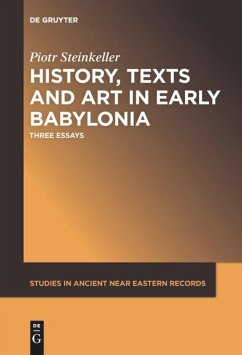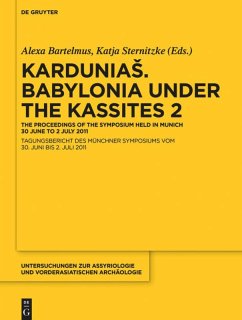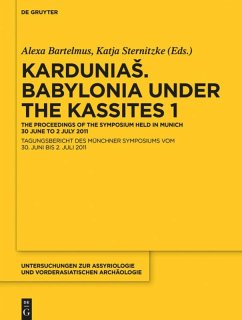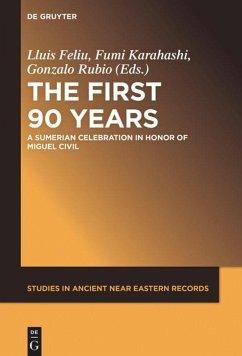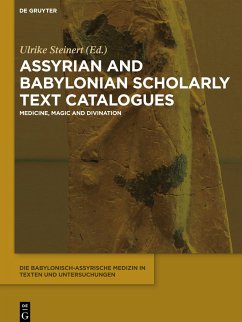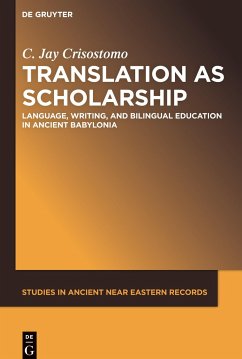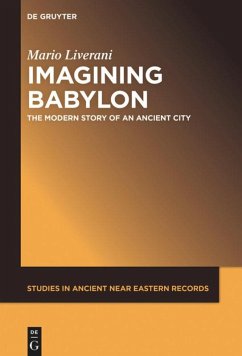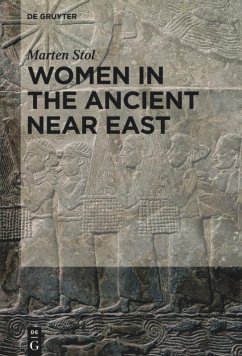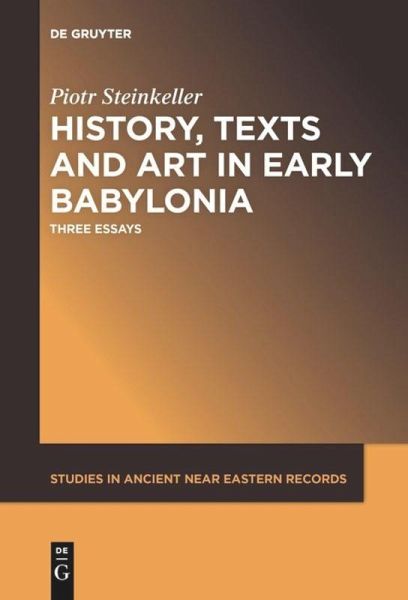
History, Texts and Art in Early Babylonia
Three Essays
Versandkostenfrei!
Versandfertig in 6-10 Tagen
129,95 €
inkl. MwSt.
Weitere Ausgaben:

PAYBACK Punkte
0 °P sammeln!
These essays represent a summation of Piotr Steinkeller's decades-long thinking and writing about the history of third millennium BCE Babylonia and the ways in which it is reflected in ancient historical and literary sources and art, as well as of how these written and visual materials may be used by the modern historian to attain, if not a reliable record of histoire événementielle, a comprehensive picture of how the ancients understood their history.The book focuses on the history of early Babylonian kingship, as it evolved over a period from Late Uruk down to Old Babylonian times, and the...
These essays represent a summation of Piotr Steinkeller's decades-long thinking and writing about the history of third millennium BCE Babylonia and the ways in which it is reflected in ancient historical and literary sources and art, as well as of how these written and visual materials may be used by the modern historian to attain, if not a reliable record of histoire événementielle, a comprehensive picture of how the ancients understood their history.
The book focuses on the history of early Babylonian kingship, as it evolved over a period from Late Uruk down to Old Babylonian times, and the impact of the concepts of kingship on contemporaneous history writing and visual art. Here comparisons are drawn between Babylonia and similar developments in ancient Egypt, China and Mesoamerica.
Other issues treated is the intersection between history writing and the scholarly, lexical, and literary traditions in early Babylonia; and the question of how the modern historian should approach the study of ancient sources of "historical" nature.
Such a broad and comprehensive overview is novel in Mesopotamian studies to date. As such, it should contribute to an improved and more nuanced understanding of early Babylonian history.
The book focuses on the history of early Babylonian kingship, as it evolved over a period from Late Uruk down to Old Babylonian times, and the impact of the concepts of kingship on contemporaneous history writing and visual art. Here comparisons are drawn between Babylonia and similar developments in ancient Egypt, China and Mesoamerica.
Other issues treated is the intersection between history writing and the scholarly, lexical, and literary traditions in early Babylonia; and the question of how the modern historian should approach the study of ancient sources of "historical" nature.
Such a broad and comprehensive overview is novel in Mesopotamian studies to date. As such, it should contribute to an improved and more nuanced understanding of early Babylonian history.





